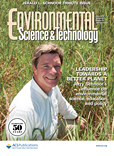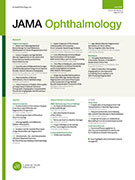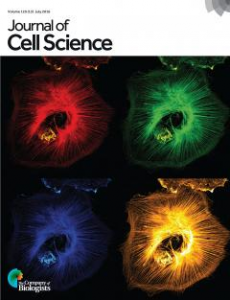 The authors of two environmental papers, including one about the effects of fracking on human health, have retracted them after discovering crucial mistakes.
The authors of two environmental papers, including one about the effects of fracking on human health, have retracted them after discovering crucial mistakes.
One of the studies reported an increased level of air pollution near gas extraction sites, and the other suggested that 2010’s Deepwater Horizon oil spill in the Gulf of Mexico contributed to air contamination.
According to the corresponding author of both papers, Kim Anderson at Oregon State University, the journal plans to publish new versions of both papers in the next few days. In the case of the fracking paper, the conclusions have been reversed — the original paper stated pollution levels exceeded limits set by the U.S. Environmental Protection Agency (EPA) for lifetime cancer risk, but the corrected data set the risks below EPA levels.
The fracking paper received some media attention when it was released, as it tapped into long-standing concerns about the environmental dangers of hydraulic fracturing (fracking), which extracts natural gas from the earth. A press release that accompanied the paper quoted Anderson as warning: Continue reading Authors retract study that found pollution near fracking sites


 A JAMA journal has quickly issued a correction for a 2016 paper after the author failed to mention several relevant conflicts of interest. Normally, we’d see this as a run-of-the-mill correction notice, but since we reported last week that a
A JAMA journal has quickly issued a correction for a 2016 paper after the author failed to mention several relevant conflicts of interest. Normally, we’d see this as a run-of-the-mill correction notice, but since we reported last week that a 





